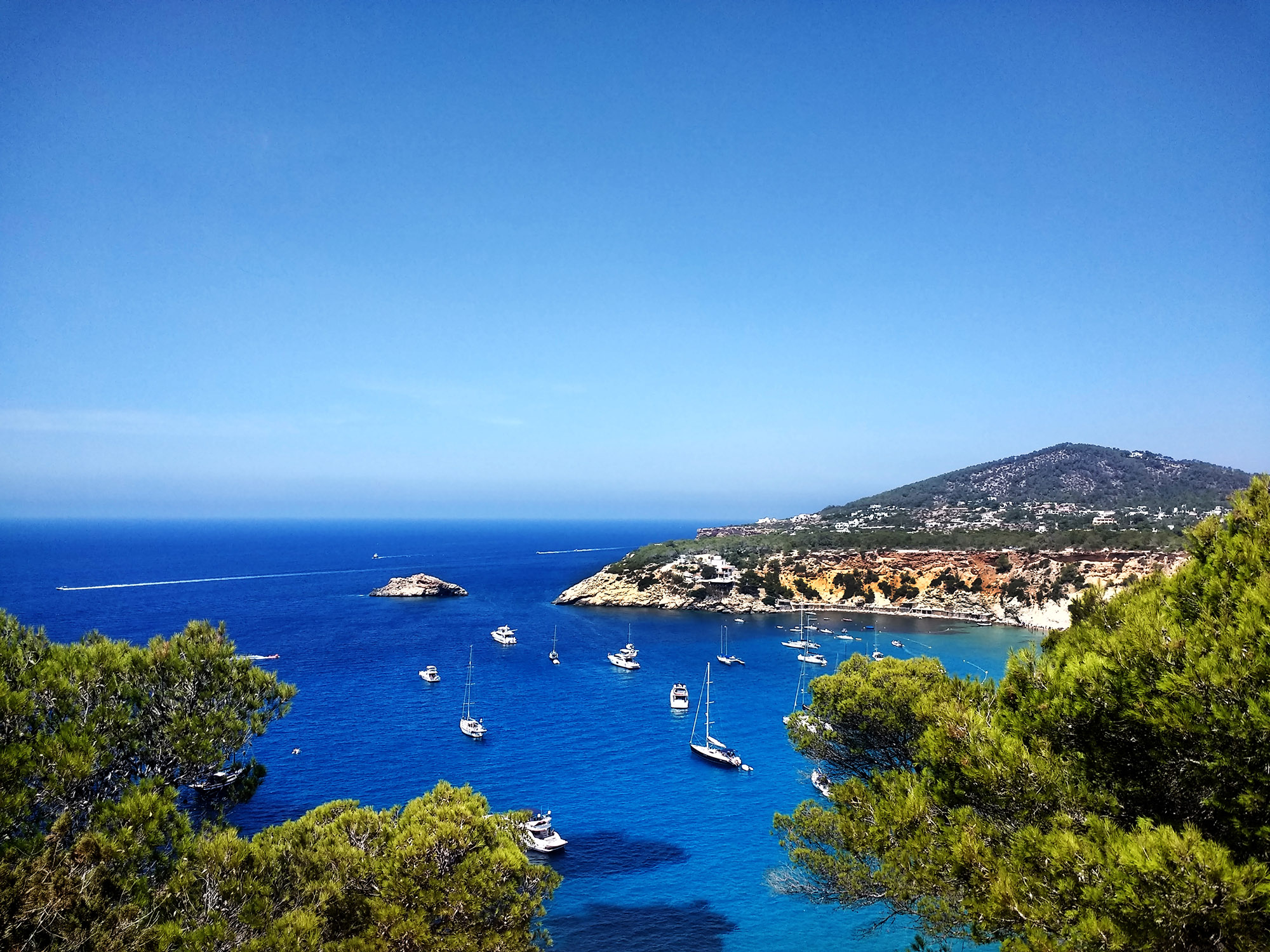COVID-19 completely annihilated the summer of Ibiza and many other cities and countries. With the closure of tourist corridors and the blacklists that have prevented us from moving freely between countries, the tourism sector has become seriously ill.
It is still hard to believe that the summer has happened, and the White Isle has been completely closed to nightlife and free movement of tourists, especially those from the UK, who have been banned since June. Ibiza, as the epicentre of musical entertainment and tourism, has a special focus, but the truth is that all of Spain has suffered massively from the restrictive measures of recent months. Before the pandemic, Spain received about 80 million tourists a year, with the industry providing over 12% of the country’s GDP. But recent news is encouraging.
A few days ago, the Nou Diari reported that the Governments of the Balearic Islands and the Canary Islands are developing a protocol to create a safe tourist corridor for the UK and Europe for next summer. This hopeful and interesting plan, which comes out of the hands of Spain’s Tourism Minister, Reyes Maroto, aims to implement a safe entry and exit to the island. This would ensure bilateral security so that none of the countries of origin or Spain would be exposed to the virus due to tourism.
So how does it work? Every tourist who come from countries with an AI (infection rate) greater than 50 per 100,000 inhabitants in the last 14 days have to perform tests. It means that before boarding they have to submit a test with a completion date of less than 48 hours with a negative result. This would reduce the risk of bringing the virus to the island. On the other hand, tourists from countries with an AI of 50 or less, don’t have to be tested before flying, but this is only the entry process.
In order to leave the island, all tourists will undergo a COVID-19 test for active infection 48 hours before the departure flight. If the test result is negative, they can continue their journey. If it is positive, they must stay there and quarantine. This test is free for tourists. Similarly, the government is preparing specific accommodations for those who have to undergo quarantine, and the costs of accommodation and medical treatment will also be covered.
This may be the sign of hope we have long been waiting for in order to resurrect one of the most crucial industries in Spain. Fingers crossed!
Image Credit: Freepik























